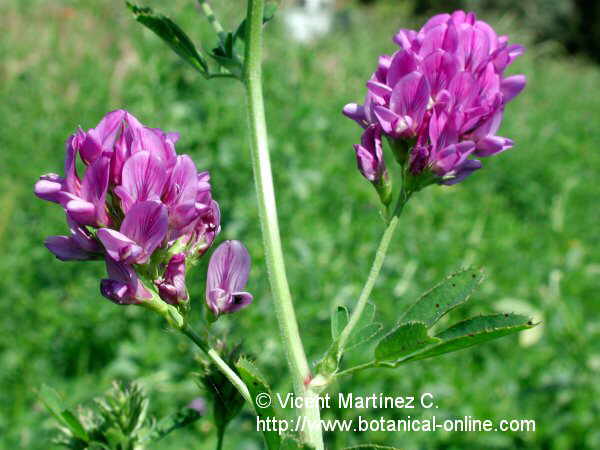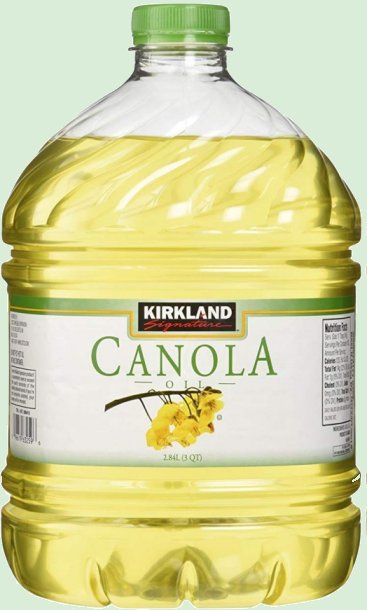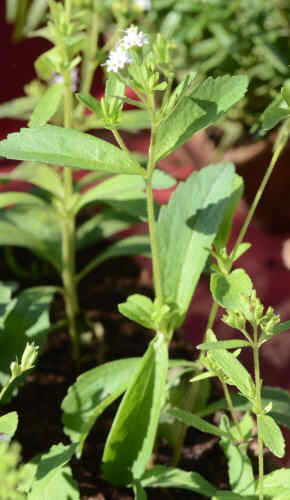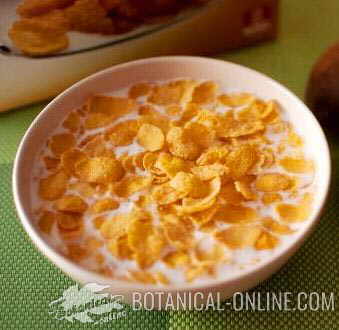Contents
Characteristics of loquats
What are loquats?
The loquat is the fruit of the Japanese loquat tree (Eriobotrya japonica).
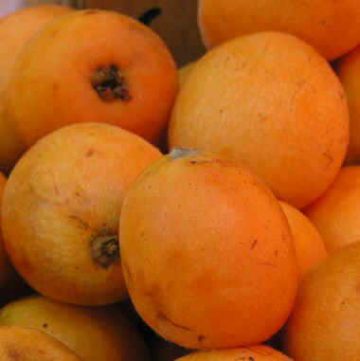
It has an oval shape, with velvety smooth skin. The color of the skin indicates its ripening stage. It varies from light yellow to deep orange as the fruit ripens.
If we peel the loquat, it contains a deep orange edible pulp that is deep orange in color and smooth texture. In the center of the fruit there are several round pits.
What do loquats contain?
As a source of energy, 100 grams of loquats provide us with 47 kilocalories.
Their nutrient proportion is divided into:
- More than 86% is water
- 0.2% of fat
- About 0.5% of protein
- More than 12% of carbohydrates
- 1.7% of fiber
From a mineral point of view, it is a fruit very rich in potassium, but also contains a lower amount of phosphorus, magnesium, calcium, sodium, iron, zinc, selenium, manganese and copper.
From a vitamin point of view, it is a fruit very rich in vitamin A and vitamin B6, as well as small amounts of vitamin C and other B vitamins.
Benefits of this fruit
- It has a high water content that prevents us from getting dehydrated.
- It gives us energy to have vitality during the day.
- It is a very poor source of fat and protein.
- It has a high carbohydrate content, specifically sugars.
- It has a low fiber content.
- It helps us eliminate toxins from our body, due to its richness in potassium.
- It helps us against menstrual pain and irritability, due to its vitamin B6 content.
- It protects our skin and helps keep it healthy, due to its vitamin A content.
- It protects us from toxins and aging, due to its content of vitamin A, C and E and the minerals selenium and zinc.
![]() More information on healthy nutrition
More information on healthy nutrition



